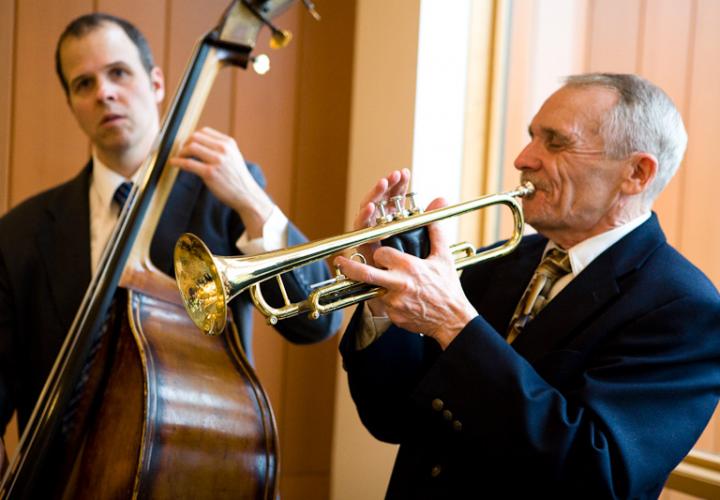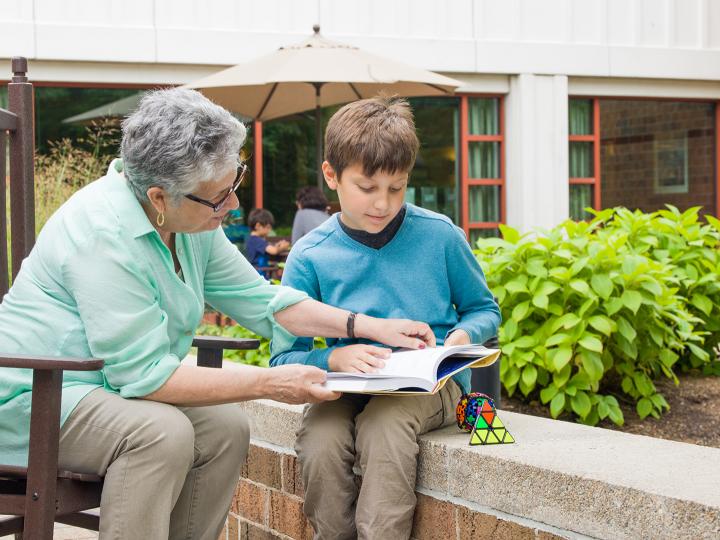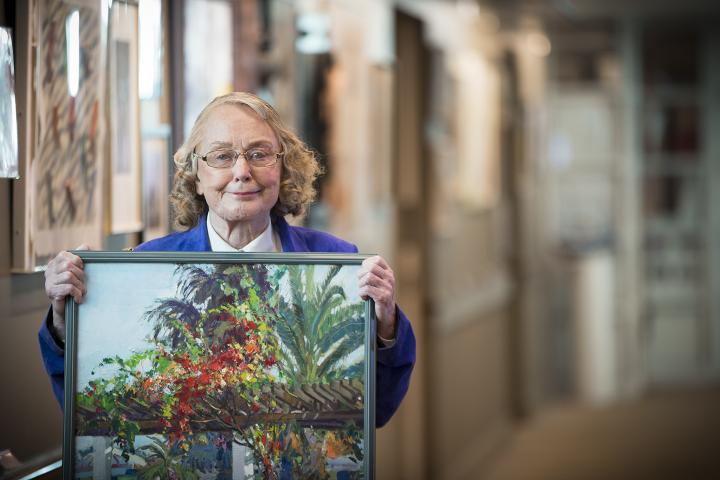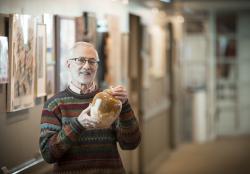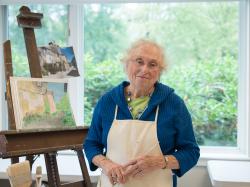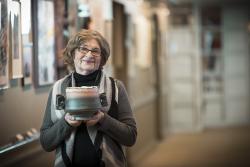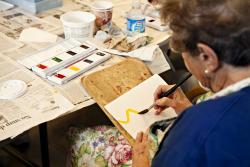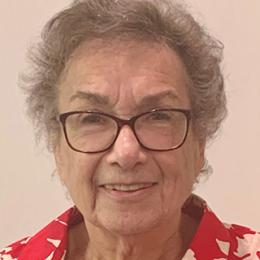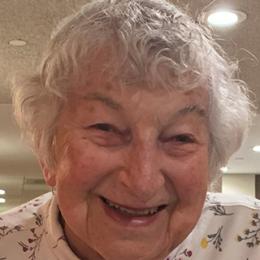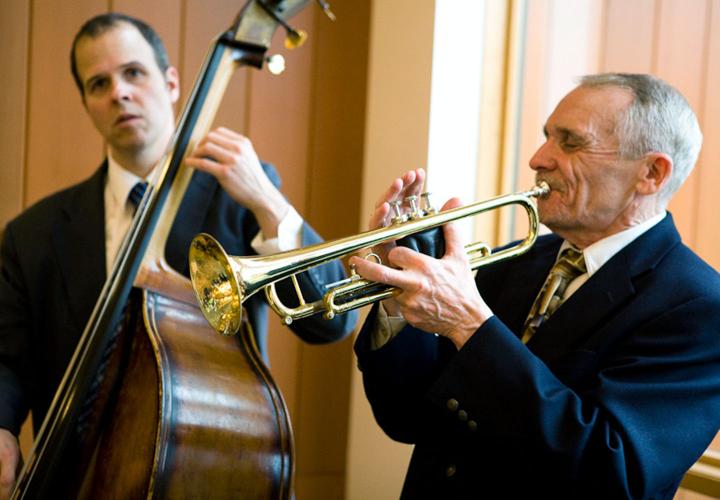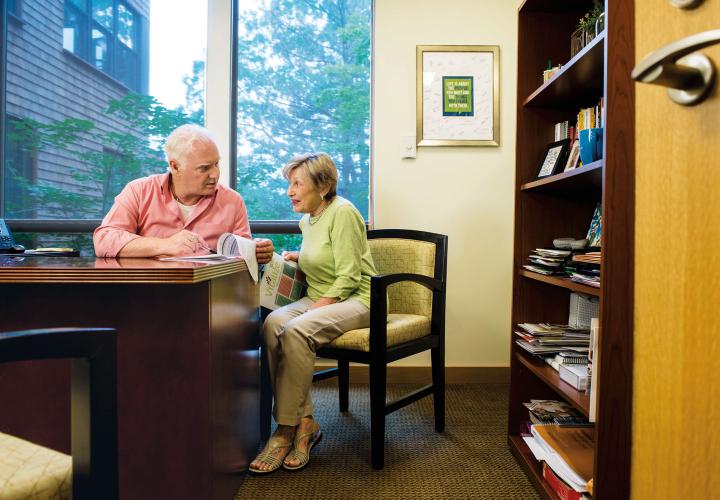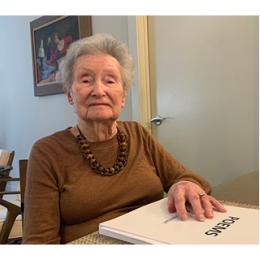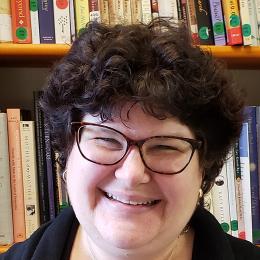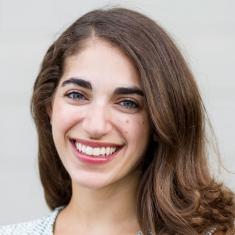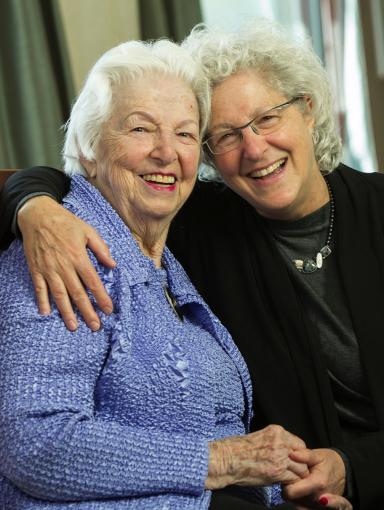BOSTON - A study published today in the Lancet Diabetes and Endocrinology reports that high-resolution peripheral computed tomography (HR-pQCT) represents an effective tool in predicting an individual’s fracture risk. The research team included scientists from the Hinda and Arthur Marcus Institute for Aging Research (Marcus Institute) at Hebrew SeniorLife, and Beth Israel Deaconess Medical Center- both Harvard Medical School affiliates. Dual-energy X-ray absorptiometry (DXA) has been considered the clinical standard for determining fracture risk, along with the Fracture Risk Assessment Tool (FRAX). A FRAX assessment considers factors such as age, gender, weight, alcohol use, smoking history and fracture history.
However, many older adults who sustain a fracture do not meet the diagnostic criteria for osteoporosis, a disease characterized by bone loss. Bones become fragile not only due to low bone mineral density (BMD), but also from deterioration in bone structure. This study indicates that while DXA measurement of BMD predicts fracture, HR-pQCT adds additional information about risk. This allows clinicians to analyze a patient’s bone microarchitecture and is an important step in identifying additional bone traits that predict fracture risk.
Fragility fractures, which lead to significant morbidity, mortality and expense, are a large public health concern. Notably, the number of women who will experience a fracture in any given year exceeds the combined number who will experience a stroke, breast cancer or myocardial infarction. Annual costs associated with fragility fractures exceed $19 billion in the US. Given the predicted growth in the number of older adults, fractures and associated costs are projected to increase two- to four-fold worldwide in the coming decades.
This study included more than 7,000 participants from the United States and four other countries with 765 fractures, and represents the largest prospective study of HR-pQCT indices and incident fracture to date. Bone is generally classified into two tissue types—cortical bone, also known as compact bone and trabecular bone, also known as cancellous or spongy bone.
“Results from this large international cohort of women and men suggest deficits in trabecular and cortical bone density and structure contribute to fracture risk independently of BMD and FRAX,” said Lisa Samelson, Ph.D., who is an epidemiologist at the Marcus Institute and Harvard Medical School, and lead author of the study. “Further, assessment of cortical and trabecular bone microstructure may be useful in those who would not otherwise have been identified as being at high risk for fracture,” Added Douglas Kiel, M.D., and Mary Bouxsein, Ph.D., Co-Principal Investigators of the study.
Research reported in this publication was supported by the National Institutes of Health (NIH) (National Institute of Arthritis Musculoskeletal and Skin Diseases [NIAMS], R01AR061445; National Heart, Lung and Blood Institute [NHLBI] Framingham Heart Study, Contract No. N01-HC-25195, (HHSN268201500001I). The content is solely the responsibility of the authors and does not necessarily represent the official views of the NIH. Additional support was provided by Friends of Hebrew SeniorLife and a research grant from the Investigator Initiated Studies Program of Merck Sharp & Dohme.
About the Hinda and Arthur Marcus Institute for Aging Research
Scientists at the Marcus Institute seek to transform the human experience of aging by conducting research that will ensure a life of health, dignity and productivity into advanced age. The Marcus Institute carries out rigorous studies that discover the mechanisms of age-related disease and disability; lead to the prevention, treatment and cure of disease; advance the standard of care for older people; and inform public decision-making.
About Hebrew SeniorLife
Hebrew SeniorLife, an affiliate of Harvard Medical School, is a national senior services leader uniquely dedicated to rethinking, researching and redefining the possibilities of aging. Based in Boston, the non-profit, non-sectarian organization has provided communities and health care for seniors, research into aging, and education for geriatric care providers since 1903. For more information about Hebrew SeniorLife, visit https://www.hebrewseniorlife.org, follow us on Twitter @H_SeniorLife, like us on Facebook or read our blog.

